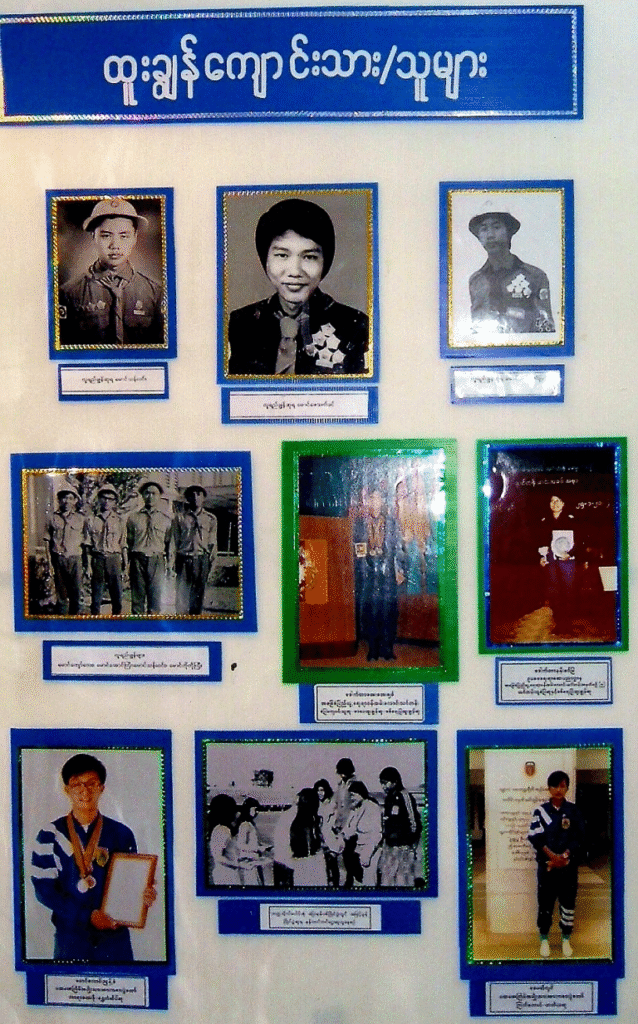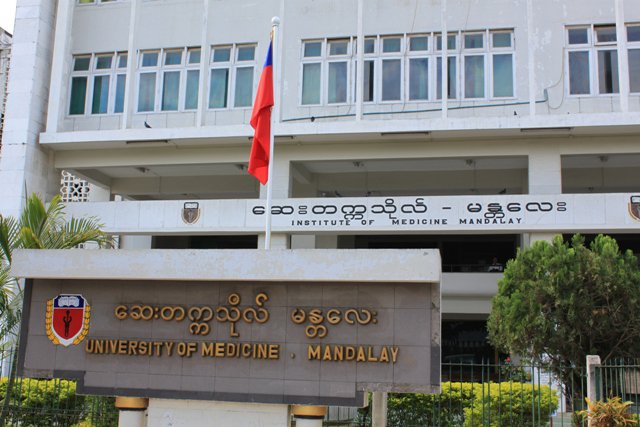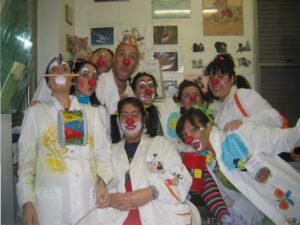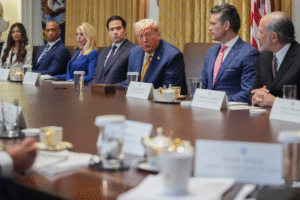Part I: A Broken System Masquerading as a Meritocracy


Myanmar’s medical education system, once respected, had by the 1980s degenerated into a system rife with corruption, favoritism, and racial and religious discrimination. It had become, for many of us, not a nurturing ground for healers but a hostile arena of survival.
Medical training should be a place where excellence is cultivated—where students are honed into the nation’s finest minds. Instead, what I experienced was closer to apartheid. It was a battleground where Muslim students like me, derogatorily labelled “Kala,” were systemically obstructed from distinction, advancement, and professional growth.
The field became a place:
- Where nepotism, cronyism, and fear of losing privilege trumped fairness,
- Where top-performing students were deliberately failed,
- Where the brightest minds were driven to despair, and the incompetent promoted for connections.
Despite these odds, I persevered. I worked hard, excelled in exams, and remained committed to my patients. But no amount of effort could pierce the ceiling of religious discrimination that hovered over us.




Part II: The Anatomy of Injustice – My Student Years
Anatomy was my strength. Throughout our regular item exams, completion tests, and theory papers, I consistently topped the class. My grades were nearly perfect. During final exams, I scored Grade 5s across the board and had strong practicals.
But in the viva, Dr. M.M. Nyo—allegedly influenced by the notorious anti-Muslim Prof. Dr. Pe Thaung—failed me deliberately. Pe Thaung reportedly told him, “Don’t give that Kala a distinction.”
Though the exam board later overruled the unfair grading and reinstated my Grade 5, they did so without awarding the distinction I clearly earned.
Karma had its moment. Years later, Dr. Pe Thaung’s son, after assaulting a teacher, was banned from schools in Mandalay. Ironically, his family came pleading to me to speak to my mother-in-law, a respected headmistress. She was hesitant, but I convinced her to accept the boy. I believed in the kind of revenge that makes them live with guilt—not retaliation, but forgiveness that shames.
Part III: Betrayal in Physiology and Beyond
Physiology was another subject I dominated. In our rigorous multiple-response exams—where wrong answers received negative marking—I averaged nearly 80% over two years. I was the only one with consistent top scores.
In the final exam, I was the only student called for the distinction viva. Yet Dr. Daw Myint Myint Khin, once my idol, denied me the recognition I had earned. I later discovered her strong anti-Muslim bias, despite her public image as a beloved professor. Her cold dismissal at the Luyechun interview—scolding me for saying Chemistry was more vital than Physics in medicine—was my first personal encounter with her prejudice.
Later, at a Christmas party in KL, I pretended not to recognize her. When she asked around why I ignored her, I visited her out of respect. From that point onward, my wife and I helped her when needed. Despite everything, I chose compassion over resentment.
Part IV: My Decision to Leave
One of my mentors, Prof. U Tun Thin—a brilliant Chinese-Burmese Physician and Rector—encouraged me to leave Myanmar. He believed I would pass MRCP (UK) on my first attempt. He knew my potential. He had witnessed me face difficult viva questions from Col. Prof. Tin Ohn and answer them fluently from the prescribed Davidson’s Medicine, even quoting the footnotes.
Yet, it became clear: staying in Myanmar meant endless humiliation. Even the Director General of Medical Education, U Tin Oo, openly stated that they would never allow a “Muslim Kala” into the local postgraduate program.
So, I gave up my dream of becoming a Physician and switched to Surgery—not because of interest but because of fewer roadblocks. Even then, I was blocked. It was not about my knowledge or skills. It was about who I was—and what I was not: connected, privileged, Buddhist.
Part V: Escape and Redemption
I couldn’t breathe in that glass jar of discrimination any longer. I realized that the world was bigger than Myanmar’s oppressive coconut shell. I made the hard decision to leave—jumping out of a slow-boiling pot that would have eventually consumed me.
Yes, I fell into the fire, but it was the fire of renewal. I endured the baptism of hardship abroad so my children and descendants could live free from systemic discrimination. I don’t expect paradise anywhere—but at least, we now have room to struggle, to grow, and to thrive.
I broke the glass ceiling that hovered over our heads. It’s not just about me anymore. It’s about the doors now open for those who come after.


Read full here: Apartheid Burmese or Myanmar Medical Professors






